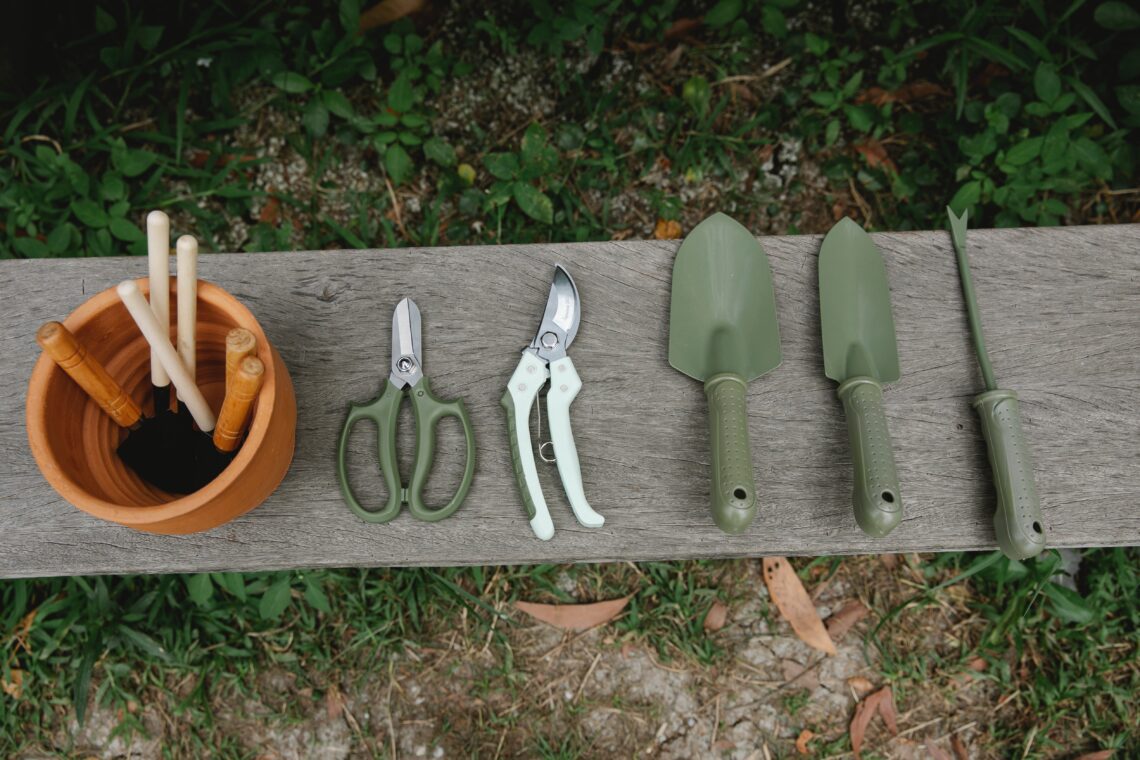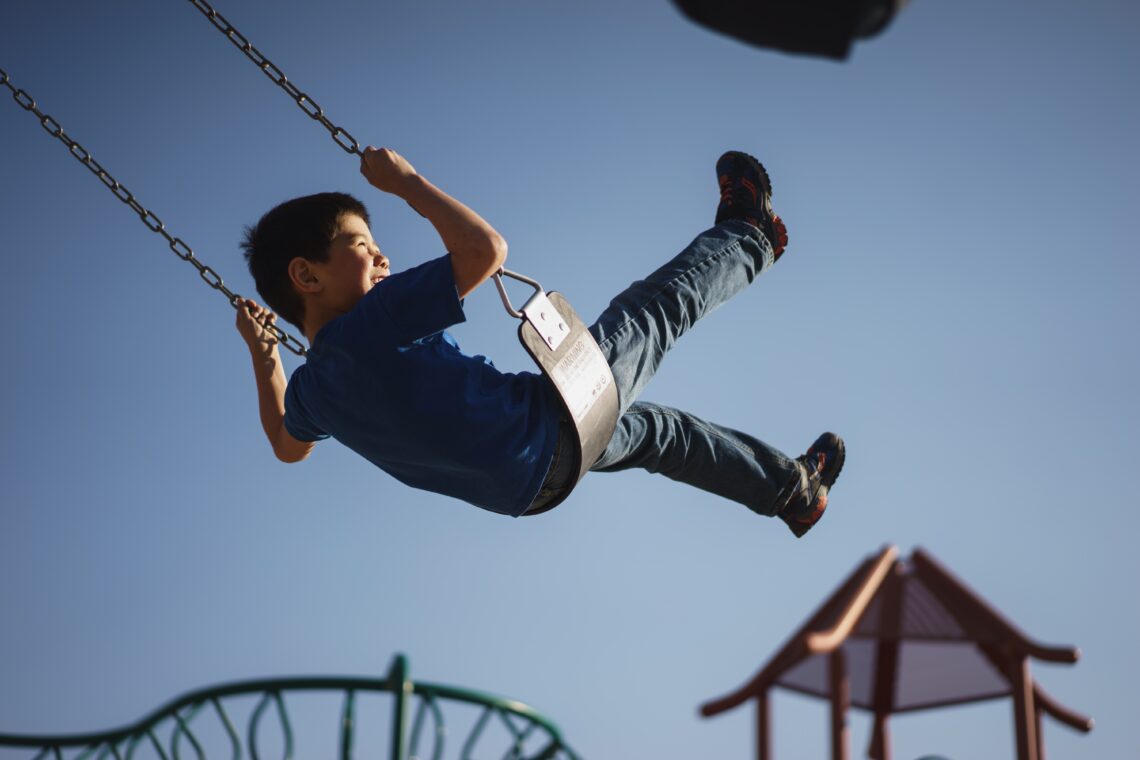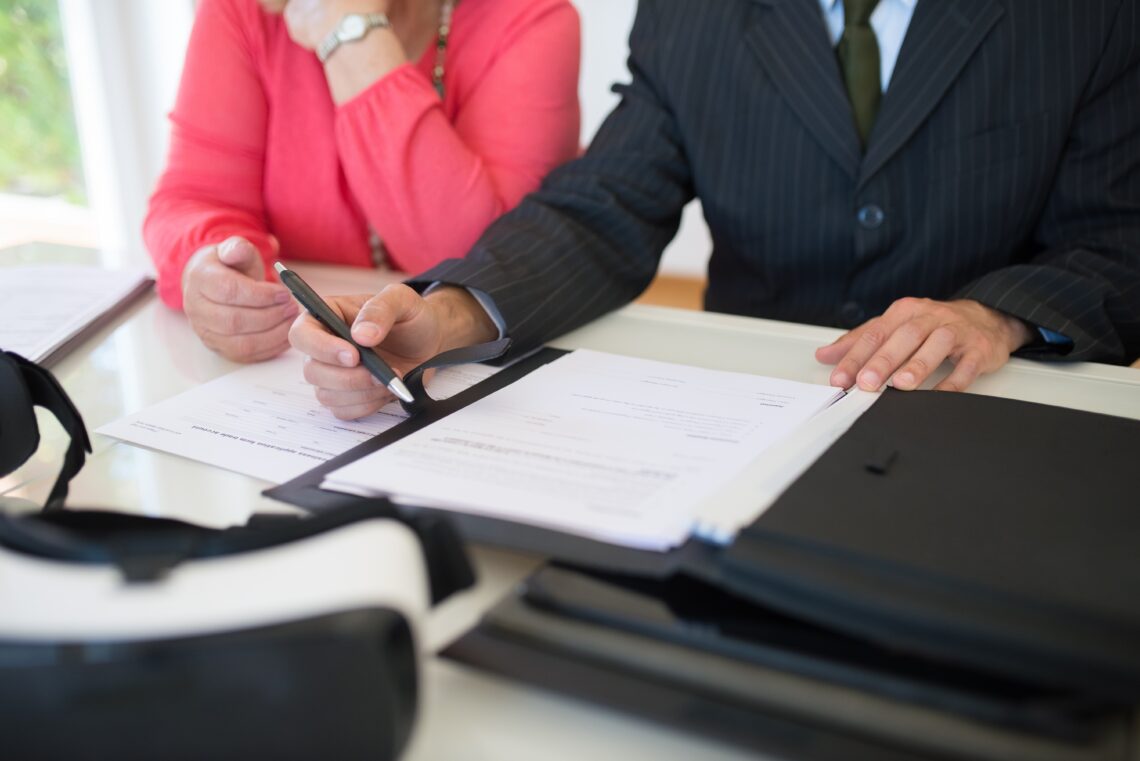05.11.2023 | Buying
12 Homeowner Responsibilities New Buyers May Not Know

Are you getting ready to buy your first home? It’s an exciting time filled with memorable moments and firsts. As a first-time home buyer, no one expects you to know it all! Homeownership comes with a lot of responsibility. Some tasks are apparent, while others may not initially come to mind. There are some surprising homeowner responsibilities that new buyers may not know. Going into your first home armed with as much knowledge as possible will help you cover your bases and set you up for success.
1. Landscaping & Tree Maintenance
Depending on the amount of space on your property. Maintaining gardens, trees, and lawns can be time-consuming (or costly if you hire help). Pruning trees and shrubs regularly will help keep them strong and less prone to breaking or damage. Overgrown trees can become a hazard to your home or your neighbour’s property, especially if you live in an area with frequent storms or high winds.
Skipping on your landscaping can also decrease your home’s curb appeal. If you’re not much of a gardener, opt for low-maintenance perennial shrubs and mulch – still attractive but require much less work than an entire garden.
2. Cleaning Gutters
The gutters on your home have an important job, directing water away from your home’s foundation. You want to keep them clean and in good order to allow water to flow through. Clogged gutters can lead to water damage or mould growth. Ideally, you want to clean them out in spring and fall.
3. Changing Air Filters
The HVAC system in your home won’t run properly with a dirty filter. It strains your system, as it has to work harder to push air through. If left for too long, it can cause higher energy bills and even system breakdowns. Depending on the type of filter, you want to change it every few months.
4. Testing Smoke Detectors & CO2 Sensors
Crucial parts of a home’s safety system, smoke and carbon monoxide detectors, are only effective if they work correctly. You want to test them regularly and replace the batteries at least once a year. A good way to remember to check them is to line it up with the clock changes in Fall and Spring.
5. Cleaning Dryer Vents
Even if you regularly clean the lint trap in your dryer, the outside vents can become clogged with lint. Your dryer will be less efficient, and it can pose a fire hazard. It’s essential to clean your dryer vents regularly to prevent a potential disaster.
6. Keeping up with Pest Control
Something no homeowner wants to deal with, but unfortunately, insects and pests can make their way into your house. There are proactive measures you can take to keep pests away. Seal up cracks and crevices, check screens for holes, and store trash properly in closed containers. If you notice a problem, address it promptly before it becomes a larger issue.
7. Clearing Sidewalks in Winter
Laws are different depending on the city and province in which you reside. Even though the sidewalk is city property, it may be your responsibility to clear off the portion crossing your driveway. Many places give you 24 hours to clear the snow away.
8. Getting Permits Before Renovating
Even though it’s your home and your property, you often need permission from the city for significant changes. If you plan to build a deck, garage, or fence, you’ll need to get a permit from the town before proceeding. Even if you feel the changes are minimal, it’s a good idea to check before you begin the work.
9. Maintaining your Sewage Line
Issues with your plumbing system can cause extensive damage to your home and property. No one wants wastewater backing up or leaking into their house. You want to be mindful of what’s being put down your drains. You’re also responsible for external factors that could affect your sewage line. Tree roots, for example, can grow into lines and cause blockages. If you have a lot of trees in your front yard, consider hiring a company to clean the lines once every few years.
10. Preparing for Emergencies & Repairs
Homeowners face new levels of responsibilities they should be prepared for. With no landlord to rely on when problems arise, you want a safety net in case major issues pop up suddenly. Knowing your numbers and having an emergency fund will help cover unexpected home repairs.
11. Managing Finances
If you go from renting to home ownership, there are other costs to consider besides your mortgage payment. You’ll now have property taxes, home insurance and regular maintenance expenses. You may also pay more for things like water, gas, and hydro to maintain a larger space.
12. Understanding Property Easements
Property easements are usually listed on the title of a property, so you should know what you are getting into before you purchase. Your lawyer should inform you of any easements in the home-buying process.
An easement is a right that allows someone else to use your land for a specific purpose. The most common one is to enable people to pass through your land. For example, if you have a utility pole, green utility box, or catch basin, workers can access the property for maintenance purposes. These easements generally don’t interfere with your daily life. You want to ensure that any renovations or additions don’t interfere with the easement because it could lead to legal issues.
Moving from renting to owning can be a significant change. While many of the big things may come to mind, the smaller tasks can sometimes slip through the cracks. Don’t let homeownership responsibilities catch you off guard. Keeping up with regular maintenance will help you enjoy your home and property for years to come.
If you’re thinking of making the leap to homeownership, check out our blog How to Know You’re Ready & Where to Start.





